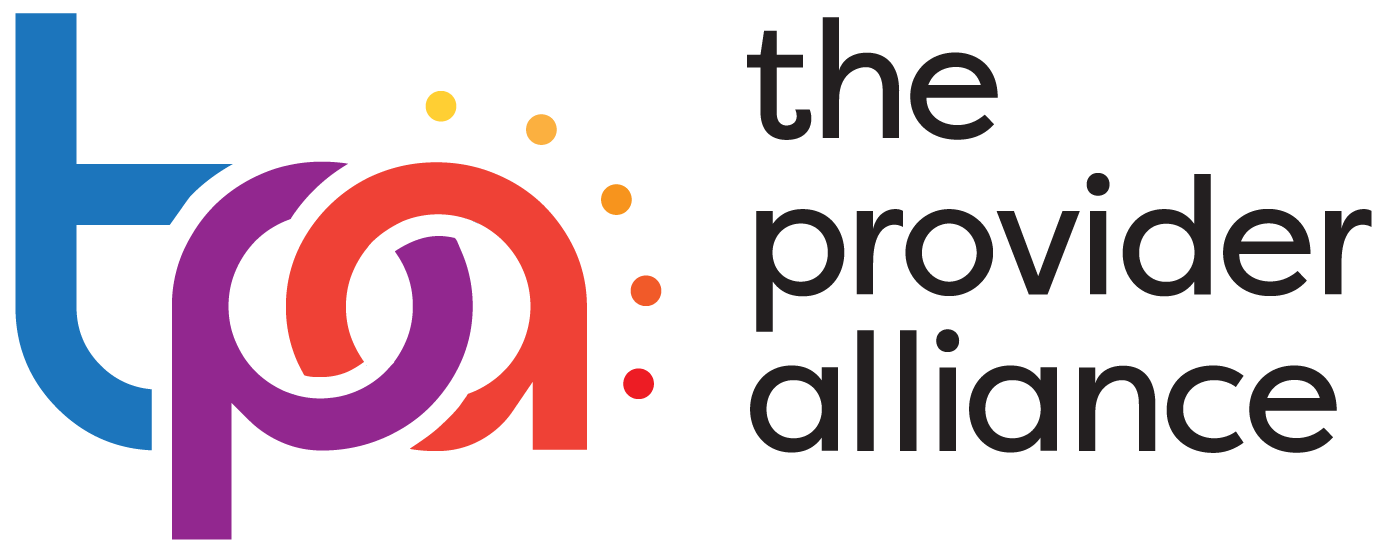Third in a Series
Pittsburgh Post-Gazette Editorial Board: March 19, 2022
Disability issues suffer from their invisibility in everyday life.
This is especially true of people with intellectual disabilities and autism (ID/A), and their families and caregivers. Whether they live in state-run facilities or community settings, people with ID/A spend much of their time out of view, and the state-mandated and -funded care they receive is unnoticed and unappreciated — except by loved ones.
This is why events like the Disability & Mental Health Summit hosted by Rep. Dan Miller, D-Mt. Lebanon, are so important. While the main event will be on April 28, on Thursday a bipartisan group of more than a dozen local legislators met with advocates, families and people with ID/A themselves to hear their stories — stories like Sandi Shaffer’s, who lost her home because her adult daughter, Kate, requires near-constant care and attention.
These are the moments that pierce the invisibility of intellectual disability and autism.
And yet they aren’t common enough. For many in Harrisburg, the invisibility persists.
Perhaps this is why funding for essential services for people with ID/A continues to be treated as unimportant by state officials, despite record surpluses. While Mr. Wolf’s proposed budget includes some boosts to disability funding, for which advocates are grateful, it is not enough to support a direct service provider (DSP) workforce.
The agencies that provide these services, and who advocate for the least of these who can’t advocate for themselves, have asked for a $65 million boost. Because they know that, without further funding to pay for more DSPs, and to pay them fairly, the system will collapse.
There are 12,000 Pennsylvanians with ID/A on the state’s perverse “waiting list” for services the state is obligated by law and by human decency to provide.
Five thousand of those people have an emergency need. Those needs are currently being met by family members, whose lives are upended and consumed by the task.
The budget process is not over yet, far from it. There is still time for Mr. Wolf and more legislative leaders of both parties and chambers to meet with families who care for loved ones with ID/A and to experience first-hand their dignity and passion and heartache. There is still time to do right by them and to fund the services they need.
The General Assembly should appropriate the needed $65 million for DSPs, and Mr. Wolf should approve it without hesitation.
Mr. Wolf, every legislative leader and every candidate for governor should commit to meeting with a person with ID/A and his or her family. The only way to make this issue and these people visible is to make the choice to see them, not as numbers on a budget spreadsheet, but as human beings.
Serving the least of these among us is the fundamental duty of public service, more than press conferences and fundraisers and galas. Anyone who can’t make time, or can’t bear, to see them face to face is not fit to lead.

